KATHMANDU: The rise in royalist activities has put the Rastriya Swatantra Party (RSP), led by Rabi Lamichhane, in a difficult position.
As royalist protests have intensified since March 9, questions about the RSP’s stance—whether it supports a federal democratic republic or leans toward the monarchy—have grown louder.
While the party has officially stated its commitment to democracy and the republican system, its silence on the growing royalist movement has led to speculation. Major parties, including the Nepali Congress, CPN-UML, and CPN-Maoist Center, have sought clarity from the RSP, yet the party remains ambiguous.
The issue became more apparent when Prime Minister KP Sharma Oli called a meeting of pro-republican parties on March 30, but the RSP was noticeably absent. Although a chair with a nameplate was set for the RSP at the meeting, it remained empty, sparking controversy.
RSP’s absence from key republican meetings
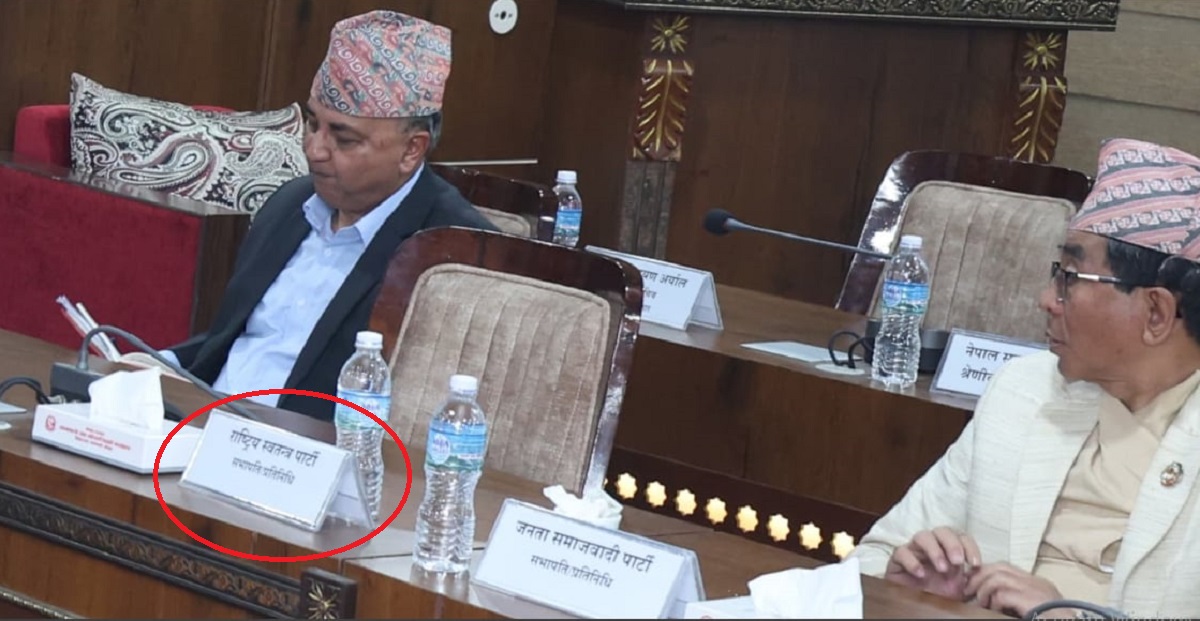
The ruling parties, particularly the Nepali Congress and CPN-UML, have raised concerns about the RSP’s absence from key discussions regarding the preservation of the republican system. The meeting called by Prime Minister Oli was attended by other major parties, but the RSP was missing.
The presence of an empty chair with the party’s nameplate raised eyebrows. RSP leaders, including acting president Dol Prasad Aryal and vice chair Swarnim Wagle, later claimed that they had never been invited, challenging the government to provide proof of an invitation.
The absence of the RSP at this meeting fueled doubts about where the party truly stands on the issue of governance. It also raised the question of whether the party is deliberately keeping its stance vague to appeal to both royalist and republican voters. The government, meanwhile, has maintained that the RSP was invited and chose not to attend.
This is not the first time questions have been raised about the RSP’s position. At an opposition meeting on March 26, Maoist Center Chair Pushpa Kamal Dahal directly asked RSP leaders where they stood on the monarchy-republic debate.
In response, Aryal and Wagle reiterated their commitment to the republic, referring to statements the party had made in Jaleshwor. However, their absence from the March 30 meeting has cast doubt on their sincerity.
Why has the RSP remained silent on the royalist movement?
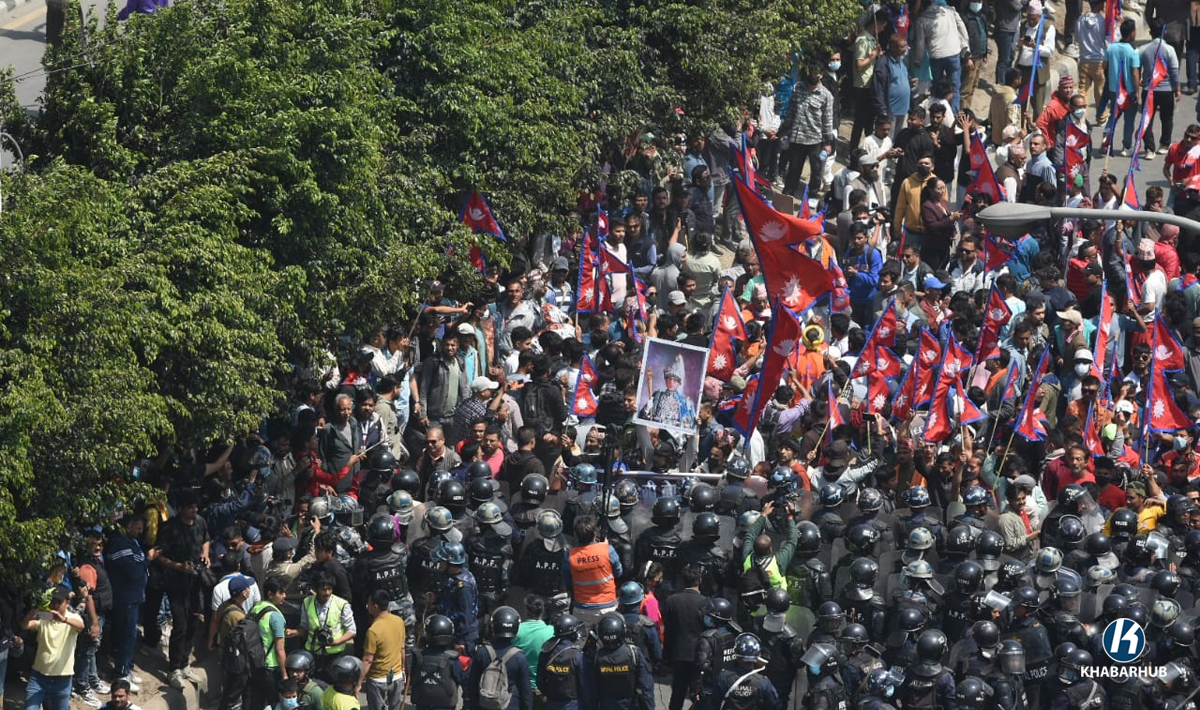
The RSP has maintained an unusual silence on the growing royalist movement, leading to speculation that the party may be trying to benefit from the unrest. While the party has openly criticized the ruling coalition, it has not taken a clear stand against the monarchy, even as protests have escalated.
The silence is particularly notable given the events of March 28, when clashes between royalist protesters and the police in Tinkune resulted in two deaths.
Despite its claims of being a pro-democracy party, the RSP has not condemned the violence or taken a firm stance on the issue. Some analysts argue that the party is keeping its options open, hoping to gain support from royalist voters without alienating republicans.
At a press conference on Monday, RSP Chair Rabi Lamichhane further muddied the waters by making statements that could be interpreted as symbolic support for the royalist movement. While he did not explicitly endorse monarchy, he criticized republican leaders and their governance style.
“I have no desire to stand in your shoes and take photos,” he said. “Where you are standing is not democracy. You have covered yourself with the shell of a republic. The Rastriya Swatantra Party does not cover itself. The Rastriya Swatantra Party has made its point clear.”
His remarks left room for interpretation, allowing both monarchists and republicans to read into his words as they wished.
A strategy of silence?
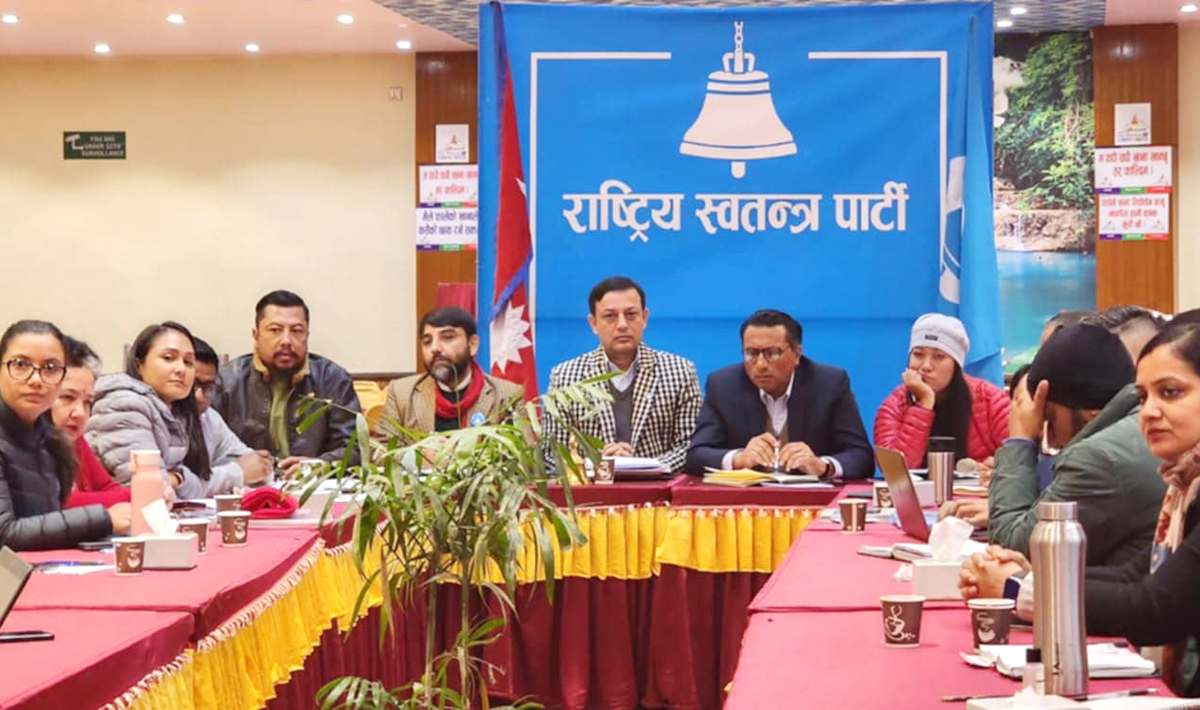
Following Lamichhane’s statement, key RSP leaders, including Deputy Chair Aryal, Parliamentary Party Deputy Leader Biraj Bhakta Shrestha, and Treasurer Deepak Bohara, held an internal meeting to discuss the party’s position.
According to sources, Lamichhane argued that the RSP would benefit from remaining silent on the street movement rather than taking a strong position.
“The current movement is not only of the monarchy supporters. Now the people want to change the leader,” he reportedly said. “We are a party committed to democracy. We are people born of democracy. But it is better not to talk too much about the street protests.”
Following this discussion, the RSP decided to maintain a neutral stance, neither opposing nor supporting the royalist movement. Lamichhane reportedly told party members that the movement had strengthened the RSP, as it exposed the failures of the old parties.
“The old parties and leaders should correct their working style,” he said. “At this time, we should go to the people with a political campaign.”
Rabi Lamichhane vs government

While the RSP has remained silent on the royalist movement, it has been highly critical of the government. Lamichhane has expressed strong discontent with Prime Minister Oli’s administration, especially regarding his legal troubles.
Lamichhane was arrested in connection with a cooperative fraud case, and cases against him are still pending in multiple districts. His parliamentary position remains suspended, fueling tensions between the RSP and the ruling coalition.
At Monday’s press conference, Lamichhane lashed out at the government, calling it incompetent and accusing it of targeting him politically. He also claimed that his survival in politics was itself a victory.
The party has also criticized the government’s handling of the Tinkune incident, arguing that the government has failed to listen to public grievances.
“If the government is a clear follower of the republic and democracy, it should listen to the complaints of the people,” Aryal said. “It should back down from arbitrary decisions. The working style of this government is not that of a true republican government.”
What next?
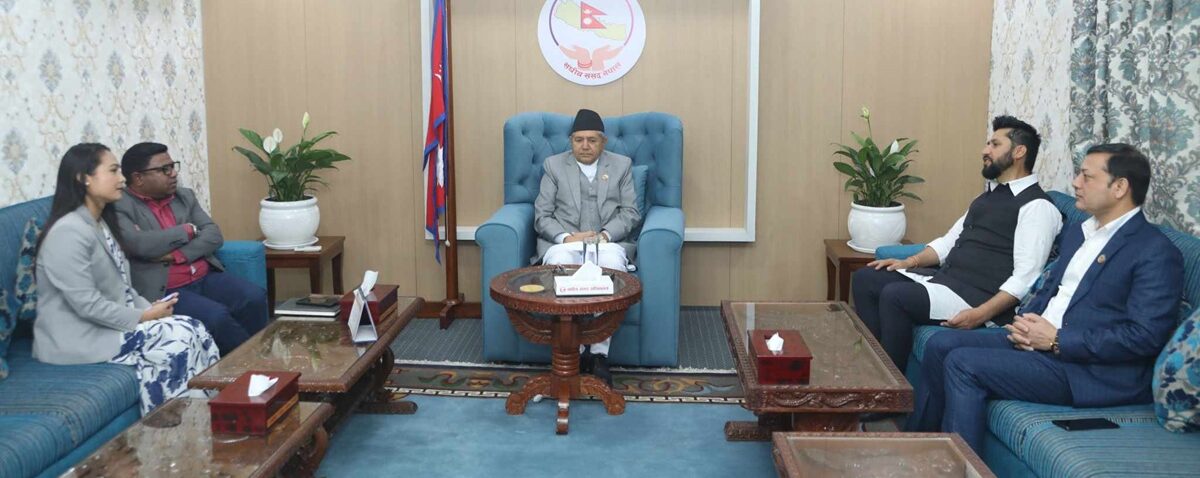
In the 2022 elections, the RSP emerged as a major political force, securing 1.1 million votes and becoming the fourth-largest party in parliament.
It capitalized on public dissatisfaction with the established parties and gained significant support through social media and grassroots campaigning. However, it did not establish a strong ideological identity, which may explain its current balancing act between monarchy and republic.
Unlike traditional parties, the RSP does not have a well-developed organizational structure at the local or district level. Instead, it relies heavily on its central leadership and digital engagement to connect with voters. This has allowed it to remain flexible but has also made it vulnerable to criticism that it lacks a clear political direction.
To address these concerns, the RSP has announced a new initiative—a public march starting from Chitwan—to engage with voters and clarify its stance. The march will be led by Deputy Parliamentary Party Leader Biraj Bhakta Shrestha and is expected to help the party strengthen its base ahead of the 2084 elections.
As the political landscape shifts, the RSP’s strategy of ambiguity may not be sustainable in the long run. Pressure is mounting for the party to take a clear position on whether it supports the monarchy or remains committed to the republic. How it navigates this dilemma will likely determine its future success in Nepali politics.


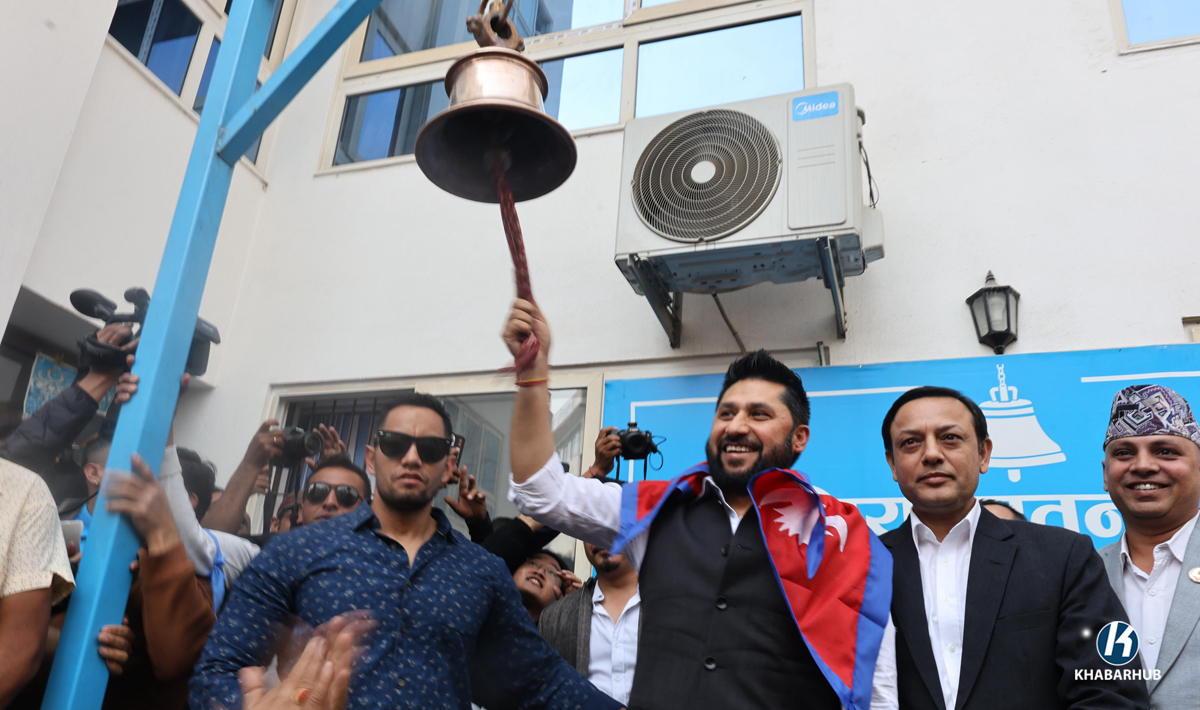

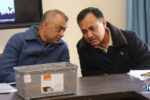

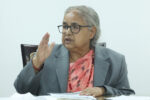


Comment